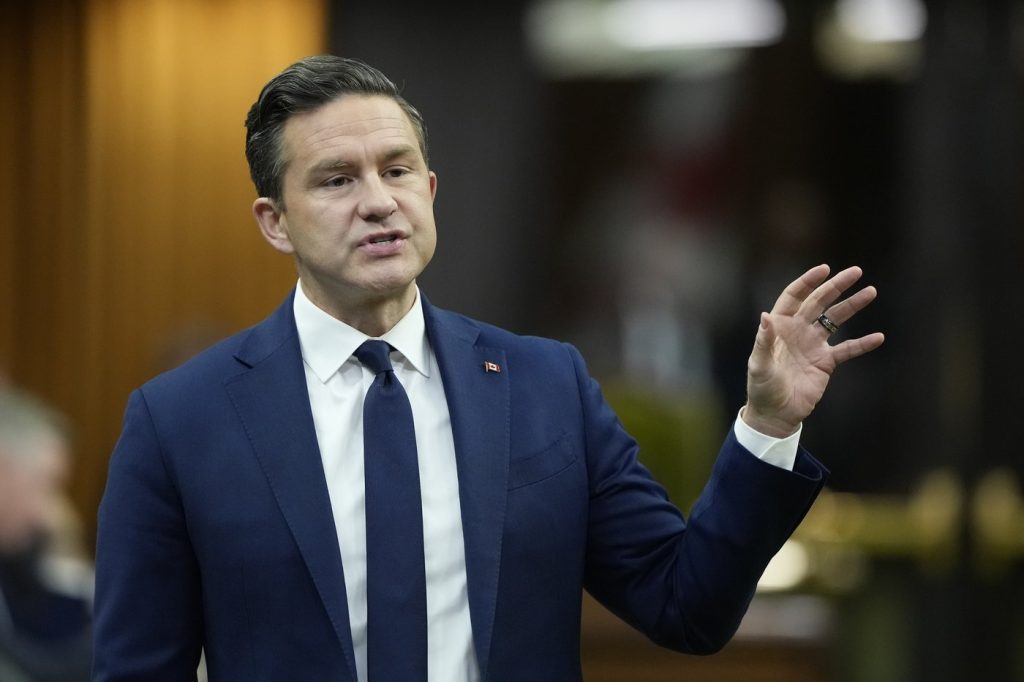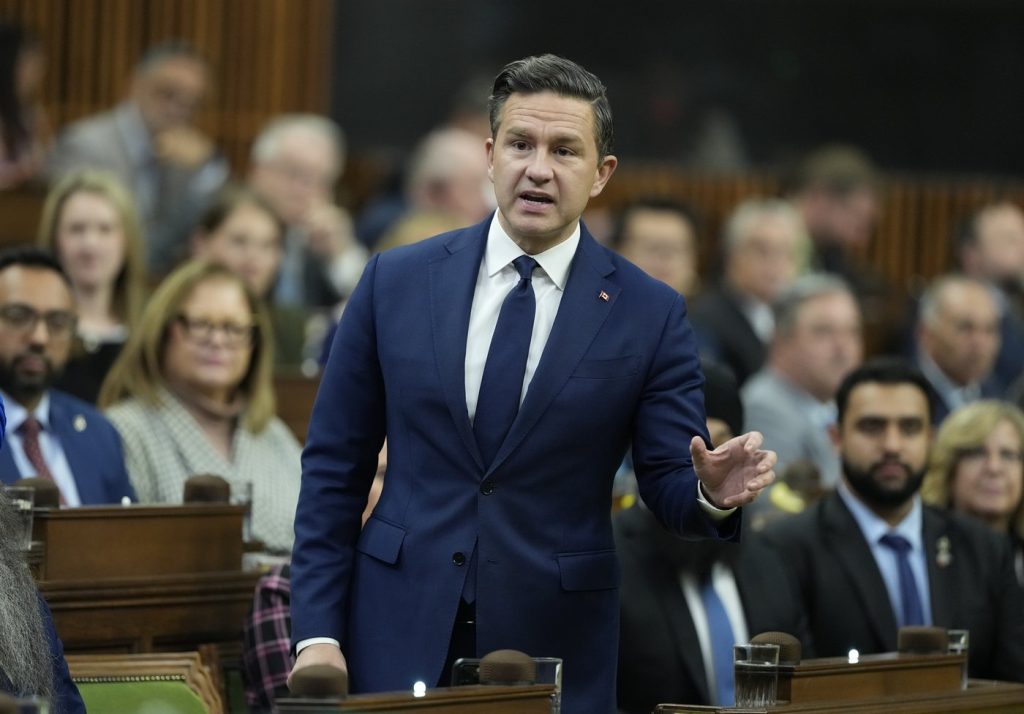OTTAWA — A formidable critique has emerged against Pierre Poilievre, the leader of the Conservative Party, stemming from remarks he made about the Royal Canadian Mounted Police (RCMP) and former Prime Minister Justin Trudeau. Dimitri Soudas, a prominent aide to former Conservative Prime Minister Stephen Harper, took to the pages of the Toronto Star to voice his disapproval of Poilievre's leadership style and recent comments, labeling them as "reckless" and reflective of a leadership approach rooted in grievance instead of governance.
During an interview conducted by Northern Perspective, Poilievre characterized the RCMP leadership as "despicable," accusing the police force of covering up scandals involving Trudeau, specifically mentioning the SNC-Lavalin affair. Poilievre claimed that Trudeau "probably" violated the Criminal Code, suggesting that such offenses should have resulted in criminal charges had the RCMP been performing its duties adequately.
Soudas condemned Poilievre's insistence that the current Prime Minister should face jail time, asserting that this undermines public confidence in the justice system and the integrity of federal law enforcement. He emphasized that in a rule-of-law democracy, no leader should call for the imprisonment of political rivals without due process.
In response to the criticism, Poilievre's spokesperson defended the Conservative leader by stating the RCMP has failed to address key evidence in the SNC-Lavalin case and did not pursue charges related to Trudeau’s 2016 vacation, in which he had been found guilty of violating the federal Conflict of Interests Act.
Further complicating matters, Anna Tomala, Chief of Staff to Harper, publicly distanced Harper’s views from Soudas's op-ed. She reiterated that Soudas does not represent Harper, likely aiming to maintain a unified front within the party amid internal conflicts.
Kory Teneycke, a former communications director for Harper's Prime Minister's Office, described Poilievre's remarks as "absurd" and reminiscent of former U.S. President Donald Trump's style, suggesting such rhetoric may not resonate with the Canadian electorate. He expressed concern that Poilievre's tone might alienate moderate Conservative voters, possibly reiterating the factors that contributed to the Conservative Party's electoral losses.
In the interview with Northern Perspective, Poilievre went further by linking rising political violence with what he termed the "authoritarian left," reflecting a heightened sense of division within political discourse. The Conservative leader cited the murder of American conservative influencer Charlie Kirk as an example of escalating tensions, framing it within a narrative that positions his base against a perceived aggressive left.
Political analysts, including Lori Turnbull from Dalhousie University, suggest that Poilievre's recent statements aim to solidify support among his base ahead of an upcoming leadership review in January 2026, especially after the Conservative Party's electoral defeat in April 2025. Turnbull noted that while Poilievre seeks to energize his base, such rhetoric could hinder broader appeal among the electorate.
Despite the turbulence surrounding his leadership, Turnbull opined that Poilievre is likely to win the leadership review, given the composition of attendees likely to show up for the in-person meeting in Calgary in January. Furthermore, the focus on appealing to party loyalists may mean that Poilievre is banking on their dissatisfaction with Trudeau to boost his standing within the party.
As discussions around the Conservative leader's direction continue, the challenge remains for Poilievre to evolve his message to resonate with a wider Canadian audience while still maintaining the unwavering support of his core base. This balancing act will be crucial for the party as it heads toward the next electoral cycle.












